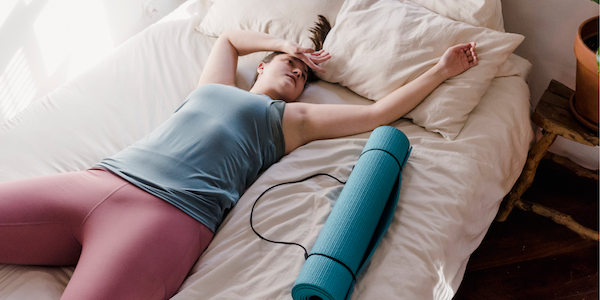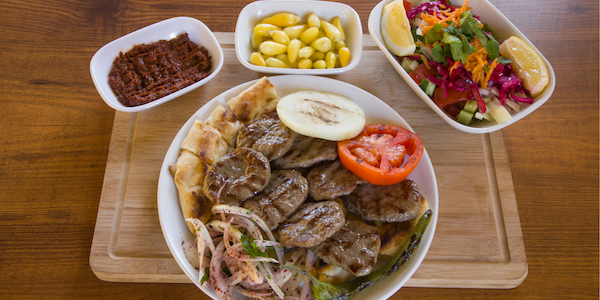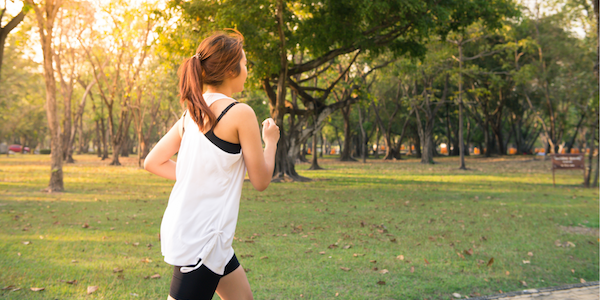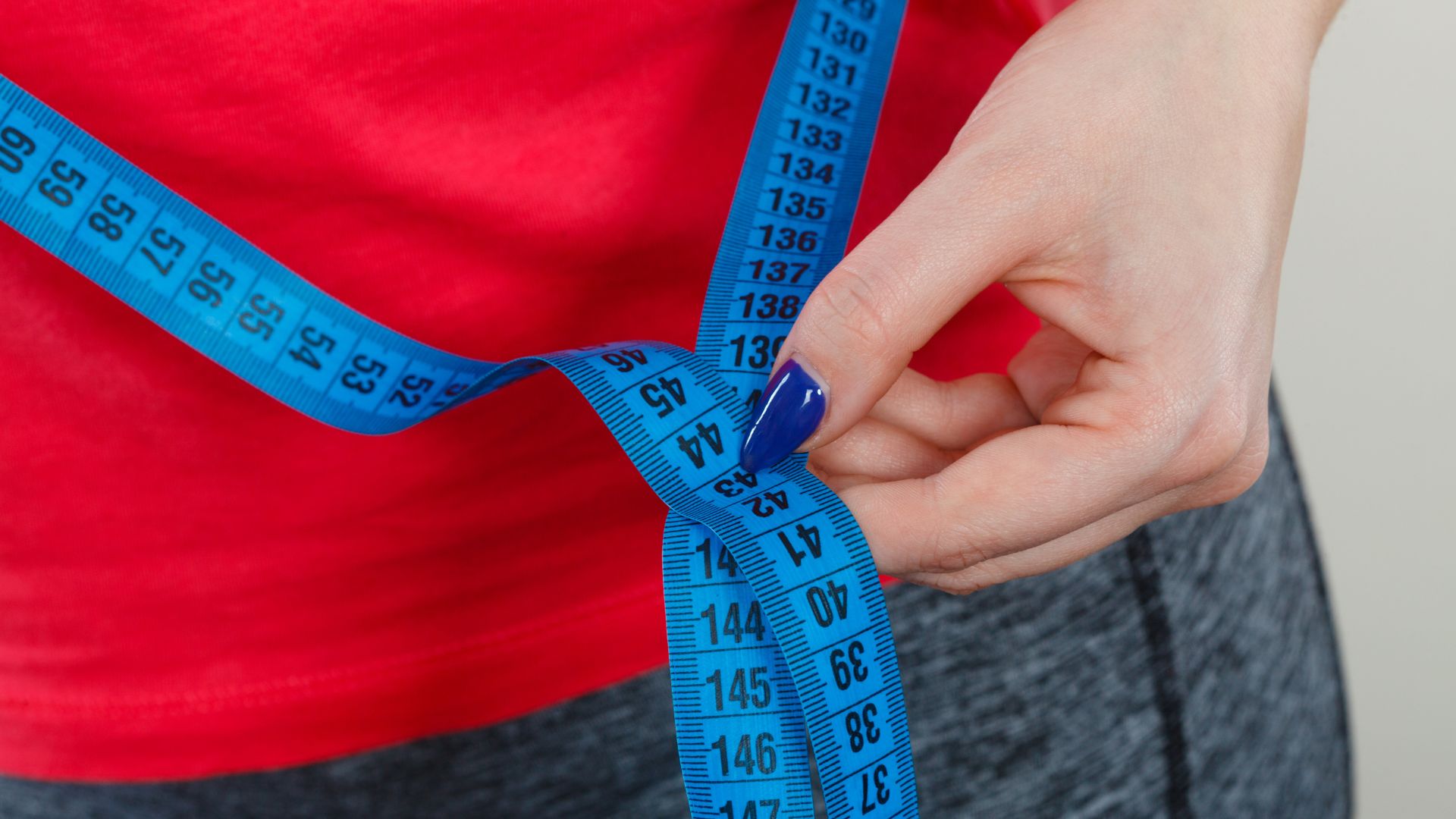6 Common Mistakes That Make You Lose Muscle Not Fat
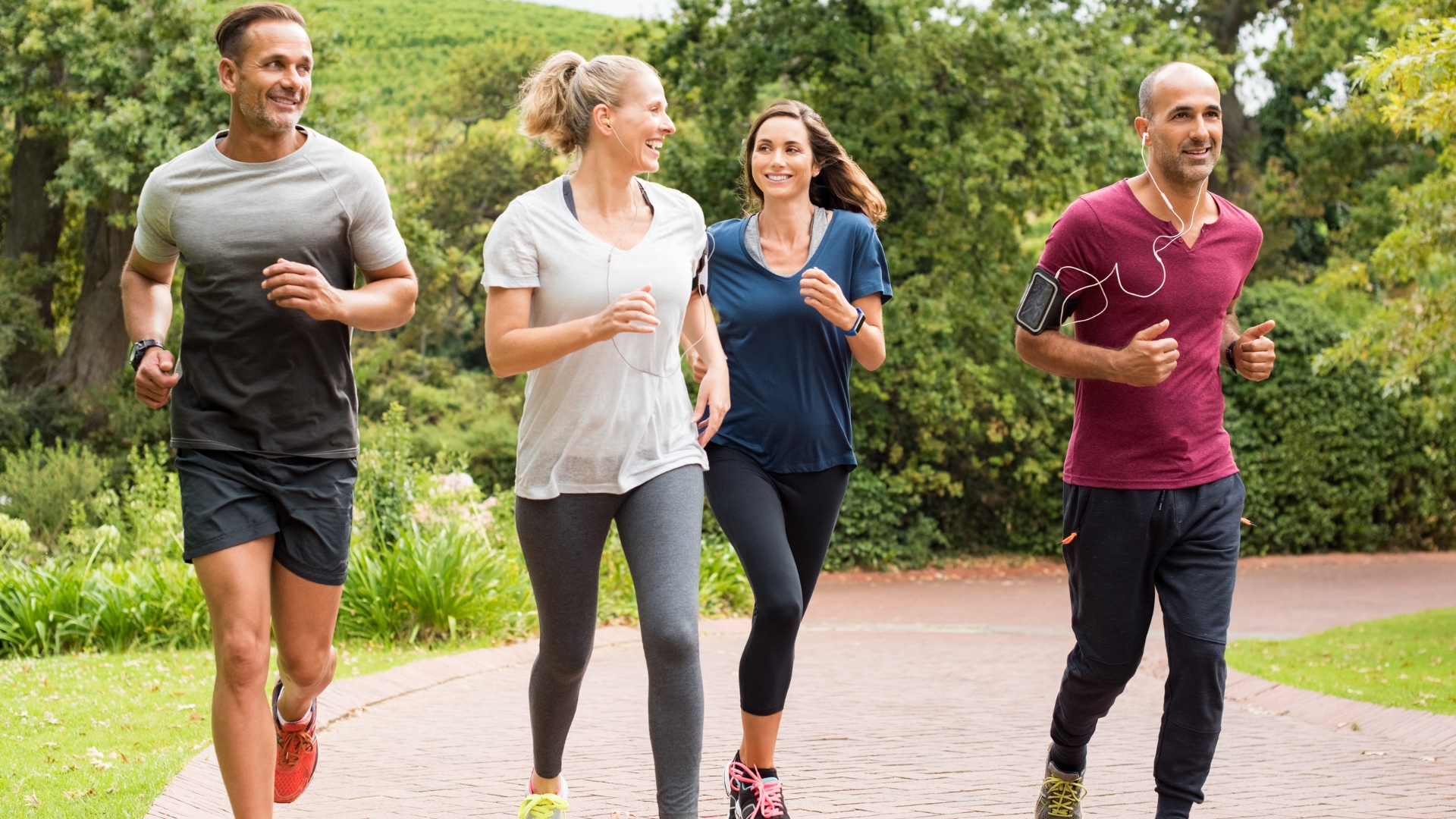
Muscle mass is key to our health.
Not only does it keep you strong, it also improves quality of life by lessening the risk of injury and bettering your mobility. But the truth is, many people make the mistake of exercising in a way that burns muscle instead of burning fat – which isn’t good.
Why is muscle mass important?
There are a number of key reasons that building muscle mass is important.
In fact, it’s crucial because after the age of 30 we typically lose between 3% and 5% of our muscle mass every 10 years. And while that may not sound like a massive number, ultimately the less muscle mass you have the higher risk you have of injury as you get older – plus you get weaker and have less mobility.
With that in mind, here are some top reasons to start building (or maintaining) muscle mass:
- Boosts metabolism and helps burn fat
- You look younger and more toned
- Improves posture and mobility
- Increases bone strength and prevents injuries
- Reduces back pain
- You move better and stronger
- Prevents diseases like diabetes and heart disease
So how do I build muscle mass? Here’s what not to do…
Typical of all forms of physical activity, if you don’t know what you are doing some exercises can often be detrimental to what you are trying to achieve.
An example of this is when people mistake burning muscle mass for burning fat. To make sure you’re not one of them, we’ve put together 6 common mistakes that make you lose muscle and not fat.
Not doing resistance training
Did you know the only proven way to prevent this loss in muscle mass is through resistance exercise? Resistance exercise builds muscle mass by making your muscles work against a weight or force (such as a resistance band).
Check out our 8 simple exercise to do 3 times a week to build muscle, look younger and more toned.
- Cutting too many calories
Cutting too many calories is not a good idea because it puts your body into starvation mode and you end up burning both muscle and fat. Plus, “yoyo” dieting or fad diets can mess with your metabolism – the way your body converts your food into energy.
Login and download your personal nutrition plan to find out how many kilojoules (or calories) you should be eating.
- Not eating enough protein
Protein is the building blocks of muscle. Your body needs protein after strength training in order to build and reserve your muscles. The recommended dietary intake of protein for women aged between 19 and 70, is 46 g each day. While for those over 70, it’s 57g each day. On the other hand, for men aged between 19 and 70, the recommended amount is 64g each day. And for those over 70, it’s 81g each day.
Need some inspiration to incorporate more protein into your diet? Check out this high protein pancake recipe for a yummy breakfast.
- Not refuelling post workout
After a workout your body needs a solid recovery and protein to help build muscles and make it worthwhile. By refuelling after physical activity, your muscles will adapt in a way that is optimal for the type of exercising you do. Which means it’ll help the next time you workout.
- Doing too much cardio
Cardio can be effective at burning fat but if done too much can actually start reducing your muscle mass. By pairing it with strength training will give best results to reach your goals of weight loss and or muscle building.
Check out Claudia’s tone and strengthen Pilates session.
- Not sleeping enough
Getting a good night’s sleep is essential to losing weight and recovering after exercise. Plus, by exercising often you can increase your sleep quality sleeping well, so it can be a win-win cycle!
If you are struggling to get in your 8 hours each night, you may want to give sleep meditation a try. Take a look at our guided meditation by Michael to help you sleep better.
WANT TO START FEELING GOOD BUT NOT A LIVE LIFE GET ACTIVE MEMBER?
Fill in our registration form to become an online member here and gain access to FREE Pilates, Meditation, Fitness, Yoga and Nutrition programmes.
We’ve got everything you need to stay active so login and book your active training, yoga class and meditation either in the park or online now.
References
Harvard Health Publishing: https://www.health.harvard.edu/staying-healthy/preserve-your-muscle-mass
Better Health Channel:
https://www.betterhealth.vic.gov.au/health/healthyliving/resistance-training-health-benefits
National Centre for Biotechnology: https://www.ncbi.nlm.nih.gov/pmc/articles/PMC6566799/
National Health and Medical Research Council: https://www.nrv.gov.au/nutrients/protein
Sleep foundation: https://www.sleepfoundation.org/physical-activity/exercise-and-sleep

